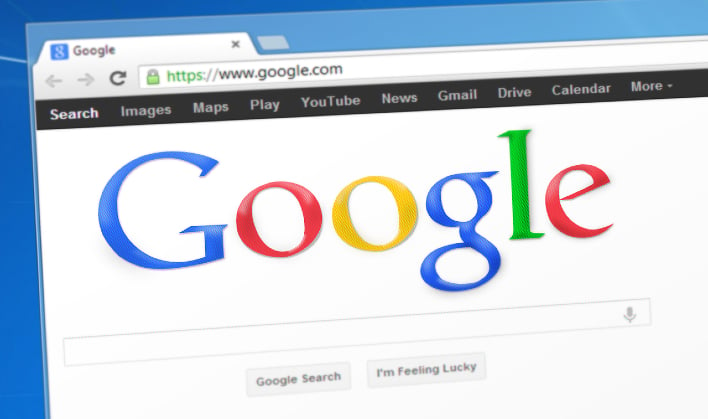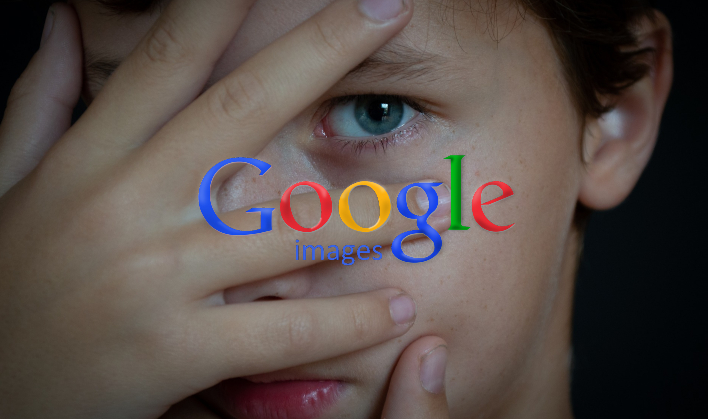Hey Parents, Here's How To Delete Photos Of Your Kids From Google Search Results

Parents have typically given little thought when tagging little Timmy in a family photo on a Facebook page. But what some parents may not realize is that when they do this, it also tags little Timmy when people search his name on Google and other internet search engines. While this may not be an issue when Aunt Marge tries to find a photo of her favorite nephew, it can be a cause for alarm when a predator does so.
Google has taken notice of this problem and is now allowing parents or guardians of anyone under the age of 18 to remove the images of the minors from search results on its widely used Google Search engine. So while Aunt Marge may be left scratching her head as to why she can no longer find Timmy's photos, others will be blocked from seeing them as well.

Google has made this fairly simply to implement. You will first visit the help page for the new policy to find out what information is needed when using the request form. You then fill out the form and provide the URLs of any images you want removed and any URLs of any search results that contain those images. Google will then review the form for any additional information it might need and notify once it has taken the images down.
This is but a first step in what needs to happen when it comes to safety guidelines and tools that are given to parents and legal guardians when it comes to the safety of their children online. The EU seems to have the strongest policy in place with its GDPR requirements, which Google's latest tool falls short of.
While the responsibility of what a child does online should be monitored closely by the parent or guardian, tools like the one Google introduced give another line of defense. Hopefully more search engines, internet related companies, and policy makers will follow suit in enabling both child and parent with more ways to keep our children safe.

